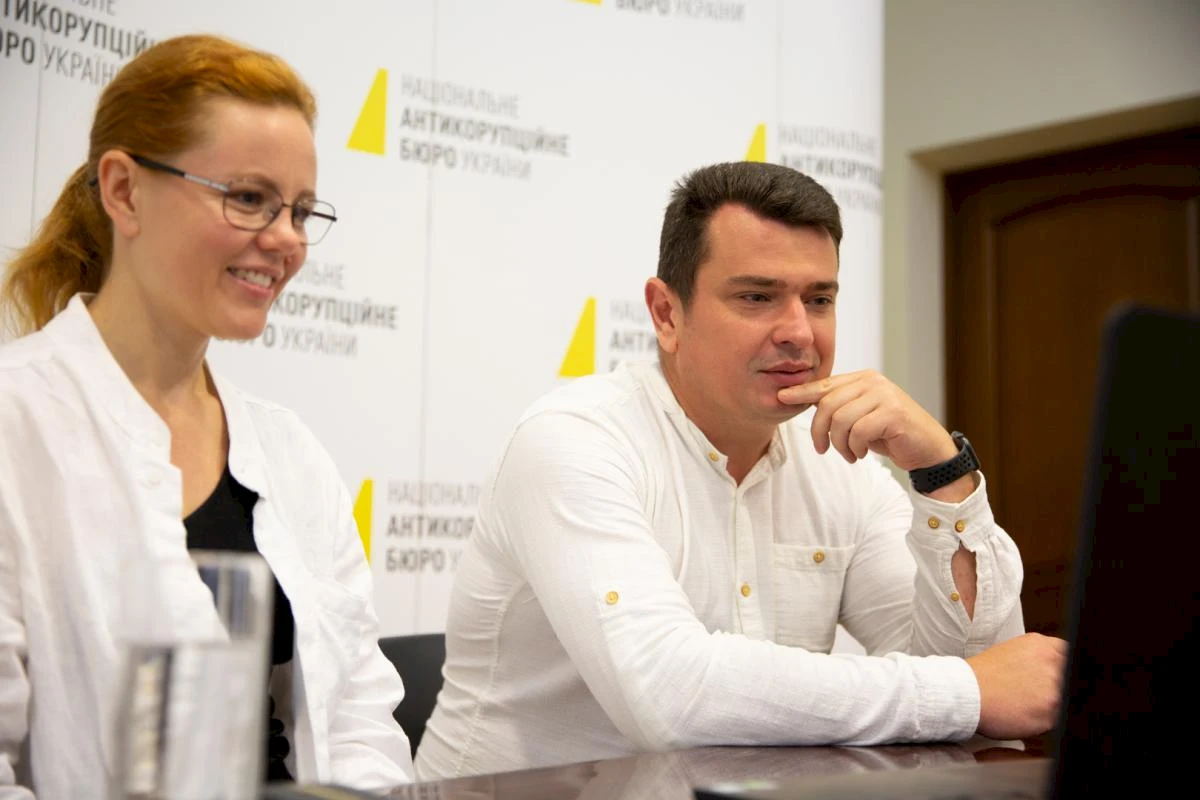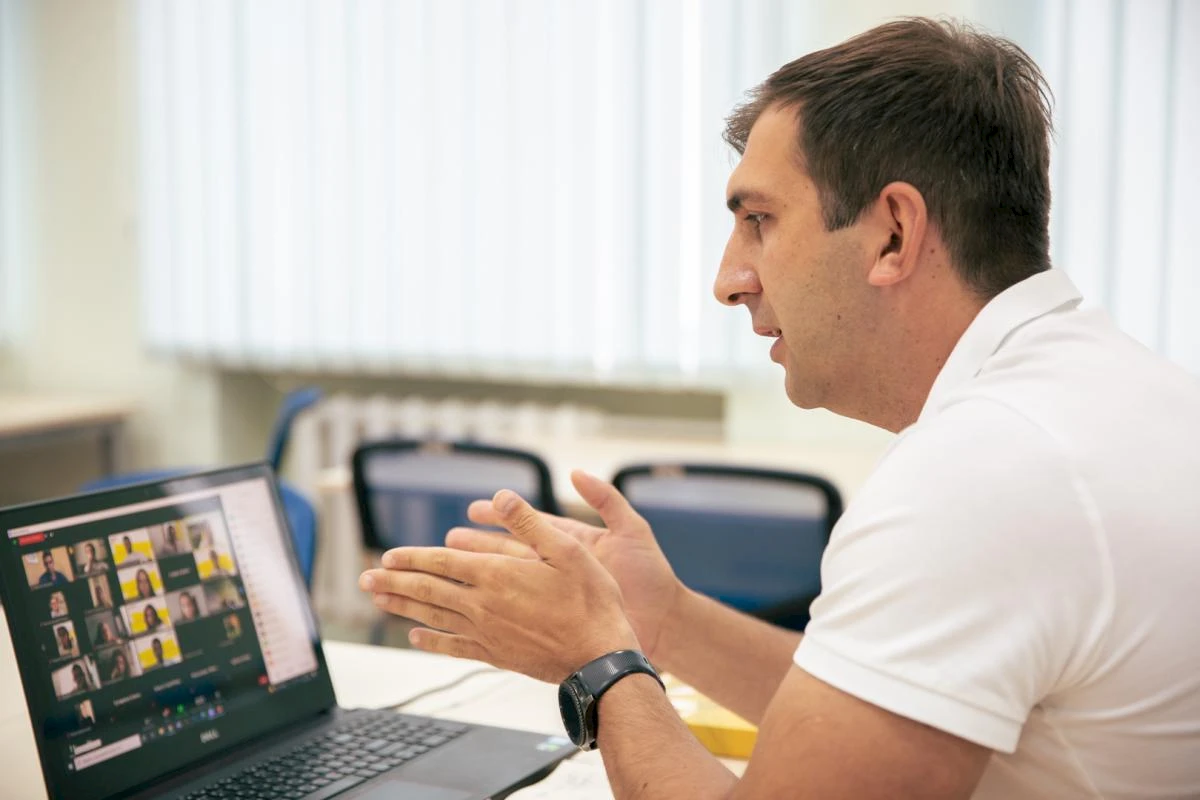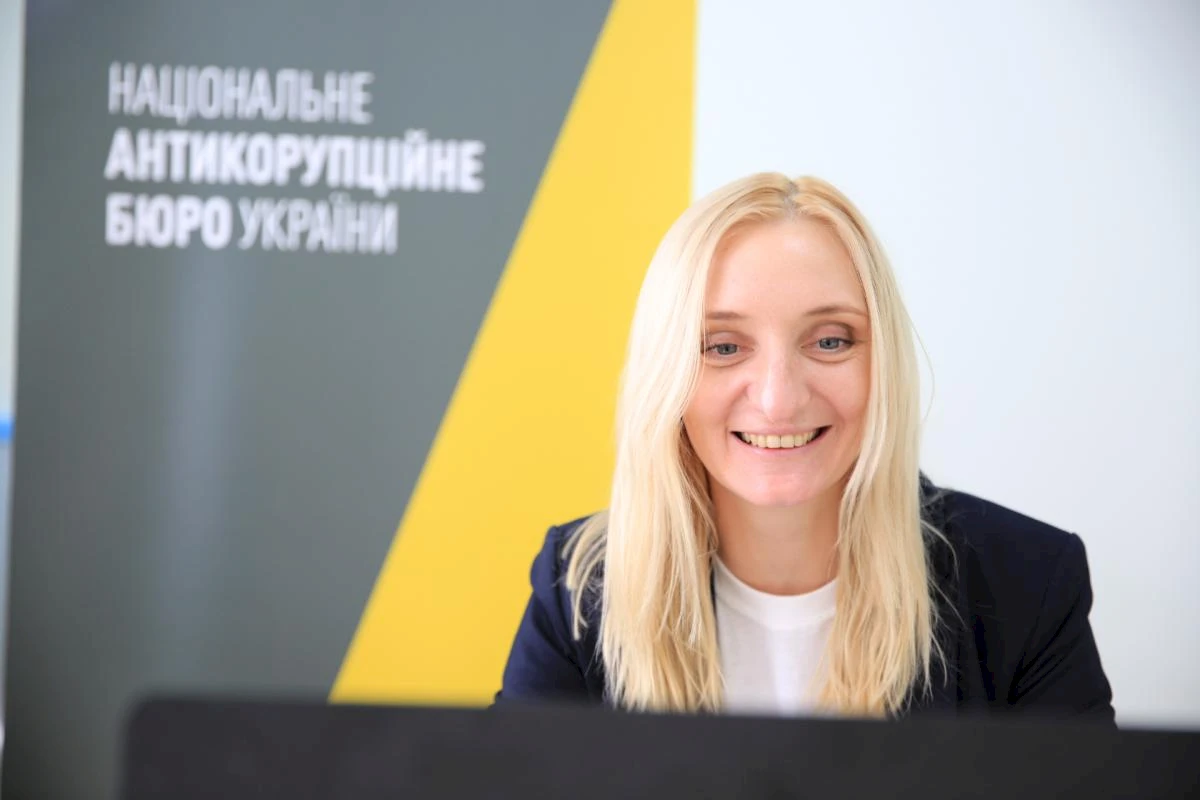15 graduates of the NABU Anti-Corruption School will have an internship at the National Bureau
The knowledge gained during the NABU Anti-Corruption School 2021 help to understand the importance of combating corruption for the successful development of the state, claimed 50 law students from all over Ukraine who joined the project. 15 of them are selected for internships at the National Bureau.
“Corruption (and more importantly anti-corruption) is not just a technical problem, it is a social 'construct' that we all build and that changes depending on the thoughts we have, the ideas we promote and actions we take. It is crucial to understand that although international anti-corruption standards do help to find better ways of tackling corruption and block destructive initiatives of ruining what has been created to attack systemic issues, they are barely the minimum, based on the consensus of very different countries. The actions that you take on your own level have the biggest impact. It takes a lot of courage and a million small boring steps to make a sustainable difference. Those steps are to be taken by each of you, bright and courageous young people, willing and able to construct a reality you want to live in”, said Elena Konceviciute, Senior Anti-Corruption Adviser at the EU Anti-Corruption Initiative in Ukraine (EUACI).
The Director of the National Bureau was the most anticipated speaker of the Anti-Corruption School. During the meeting, Artem Sytnyk told students about corruption in Ukraine, the team of professionals of the Bureau, international support, and shared plans for the future. He also urged young people never to justify corruption under any circumstances.
“There is always a choice and an opportunity to refrain from moving to the “dark side”. The longer you stay on the “light side”, the harder it will be to lure into the ranks of corrupt people”, Artem Sytnyk advised.
The first stage had lasted from July 26 to 30, 2021. Among 566 people willing to take part in the Anti-Corruption School, organizers selected half a hundred participants. The main selection factors were the law knowledge of the candidates, the evaluation of their motivational essay. The balanced regional representation and gender distribution were taken into account as well.
Within five days, young people had been learning about the international anti-corruption experience, the features of pre-trial investigation, prosecution of corrupt criminal proceedings. They also had been discussing the role of open data and the work of investigative journalists to expose corruption. For the last day, participants presented their anti-corruption education projects.
Speakers of the NABU Anti-Corruption School were Head of the NABU External Communications Department Svitlana Olifira, Head of a NABU Detectives Unit Denys Gulmagomedov, Senior Detective of Analytics and Information Processing Department Maryna Kubenko, Prozorro.Sale Chief Executive Officer Oleksii Sobolev, Head of Expert Group of Ministry of Digital Transformation Mykhailo Korneev, representatives of anti-corruption bodies, lawyers, investigative journalists, and a fundraising expert.
In addition to lectures and discussions, the participants of the Anti-Corruption School carried out homework to consolidate the acquired knowledge in practice. In particular, the students were especially interested in the game investigation “The investigation is conducted by NABU”, where everyone can feel like a detective and try to send criminal proceedings to court. Based on the results of the tasks, 15 students were selected to move on to the next stage. They will spend two weeks in the NABU Main Detective Department, combining internships with thematic training, meetings, and visits to anti-corruption bodies.
Reference
The project is supported by the EU Anti-Corruption Initiative (EUACI), a leading EU-funded anti-corruption support program in Ukraine, co-financed and implemented by the Danish Ministry of Foreign Affairs.
NABU Anti-Corruption School is held for the second year in a row. Last year's school brought together students and young professionals, and the events took place only online. The most active graduates of the Anti- Corruption School received an invitation to join the Youth Anti-Corruption Network to continue anti-corruption public activities in higher education institutions and youth centers in their region.




